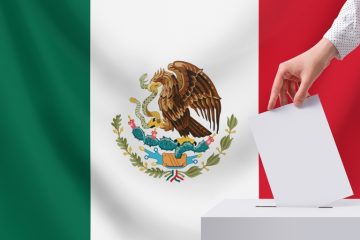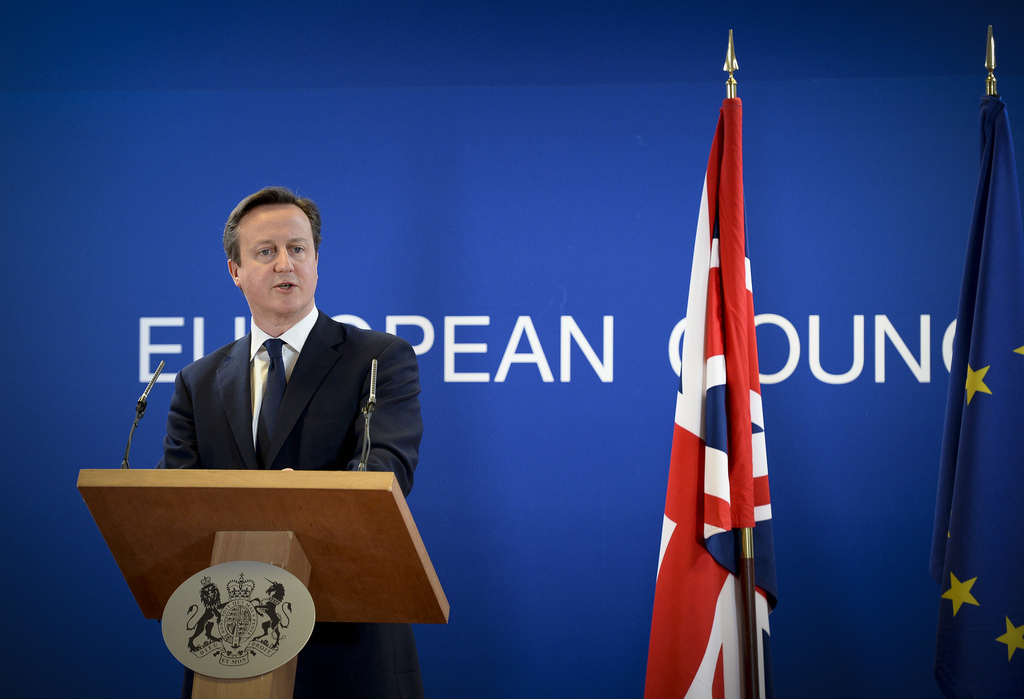
Can Mexicans predict the presidential election in June?
In most democracies, opinion polls routinely ask voters how they intend to vote in an upcoming election. The press and other media use these poll results, specifically the aggregated percentage measures of voting intentions for candidate X, to indicate the likelihood of that candidate winning. While this approach is a practical means of predicting election outcomes, there is a lesser-known survey item that can also serve this purpose, namely questions about voter expectations rather than voter intentions. For example, “Who do you think will win?” rather than “Who are you going to vote for?” A growing body of research has examined the accuracy of voter expectations relative to voter intentions. The most comprehensive work on the subject, looking at more …

How we correctly predicted a Trump victory
The US election result came as an absolute shock to many, but it was the pollsters that took the biggest hit. The major poll-based forecasts, a lot of models, the prediction markets, even the superforecaster crowd all got it wrong. They estimated high probabilities for a Clinton victory, even though some were more careful than others in claiming that the race would be very tight. Our prediction survey, however, was spot on thanks to the method we used for Oraclum Intelligence Systems, a start-up developed out of our academic work. We predicted a Trump victory, and we called all the major swing states in his favour: Pennsylvania (which no single pollster gave to him), Florida, North Carolina, and Ohio. We gave Virginia, Nevada, Colorado, and …

Why did the UK vote to leave the European Union?
It is not hard to see why Leave won. Evidence from numerous opinion polls showed that there was a clear majority for Leave on the basis of concerns about immigration and beliefs that leaving would reduce immigration. Moreover the same opinion polls showed us that there was no compensating majority who believed that the UK would be worse off if we left. Still less did people feel that they personally would be financially worse off. For further details see here. Although it should not have come as a surprise that Leave won, the result was close enough that it could easily have gone the other way. There will be much debate as to whether the Remain side could have made their …

The referendum on EU membership: a very British affair
The UK referendum on EU membership may be many months away but with David Cameron laying out his stall with other European leaders, we should be clear that we are embarked on the journey and already some way down the track. It is easy to think of referendums as one-shot deals but in reality they are not. Rather, referendums are long-term games and in this case the game was started in 2013. And it’s easy to think of this as a European process, but whatever grand meals may be consumed in other European capitals, this is very much a result of domestic British politics. The EU referendum is largely down to domestic drivers and the result will likely be shaped as much by the party politics between and within UK parties as by European factors.

Forecasting elections with social media? Yes, we can. Almost…
With the failure of traditional forecasting methods to accurately predict the outcomes of the UK General Election of May 2015, can social media based predictions do any better? In this article, Andrea Ceron, Luigi Curini, and Stafano M. Iacus (University of Milan and VOICES from the Blogs) find that supervised and aggregated sentiment analysis (SASA) applied in proportional electoral systems produces the most accurate forecasts of election results.

Forecasting the 2015 British general election: three weeks out
Forecasters, academic experts, journalists, pollsters and the betting markets have long been forecasting a seriously hung parliament with both major parties not only short of the 326 seats required for an overall majority but even forecast to get less than 300 seats. Meanwhile, an SNP landslide is expected in Scotland which would be hugely damaging for Labour and have major implications for the government formation process. If the forecasters and betting markets are right in their central forecasts then Con+LD+DUP combined will be short of a majority and so a Labour led government should form if they can secure the support of the SNP and probably others, including the Liberal Democrats, will be needed too: a potentially messy and unstable situation but also one where there is sufficient similarity in ideological perspective for policy agreement on plenty of issues.
But there is uncertainty associated with all the forecasts and some forecasters are trying to estimate the extent of that uncertainty, which in turn can be used to calculate probabilities of particular events (hung parliament, largest party, etc.)









